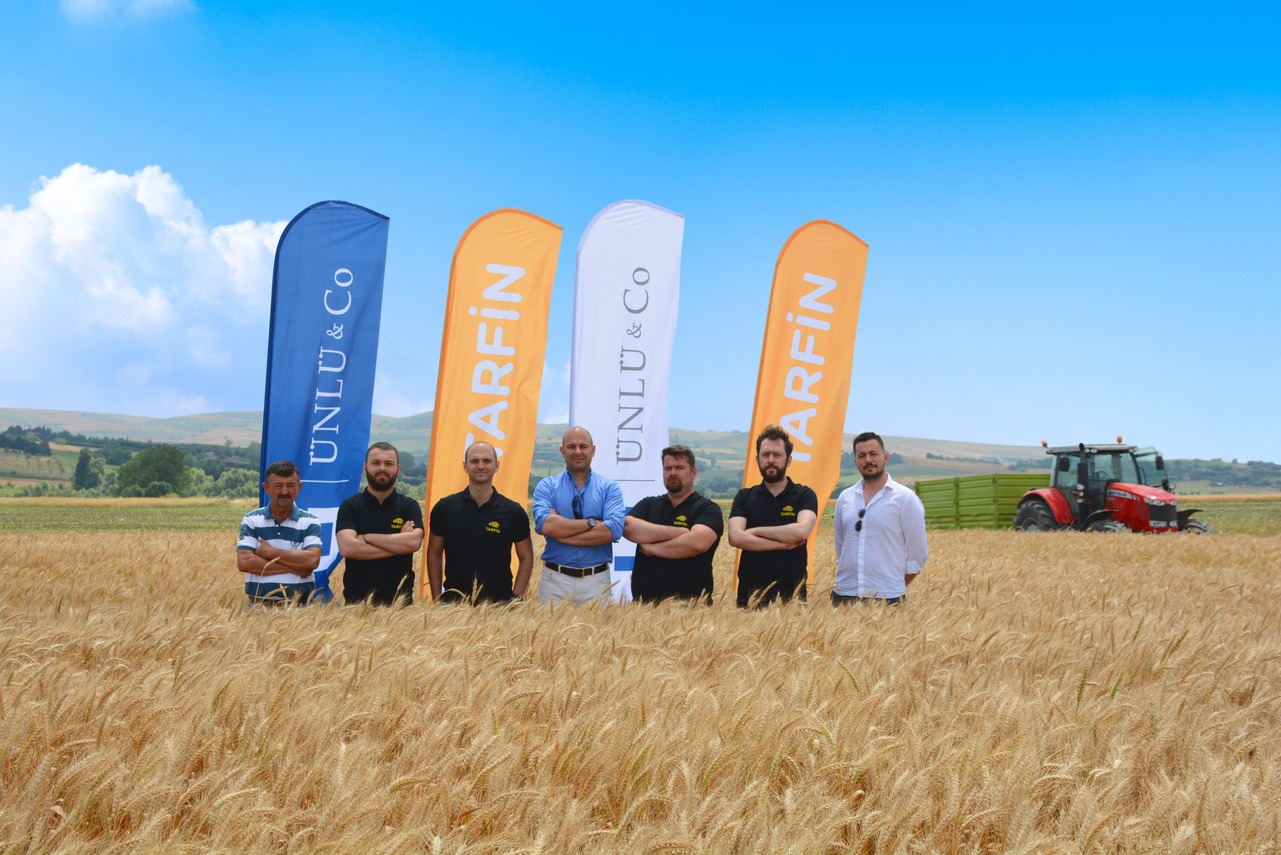Tarfin, a Turkish startup providing farmers with credit terms to purchase the inputs they need each season, has successfully sold its first portfolio to an institutional investor.
Typically in Turkey, and other countries worldwide, farmers don’t have the cash they need to purchase seeds, fertilizers and pesticides at the start of the season. In Turkey, this means they often buy the inputs on credit at local retailers and pay it back at harvest, according to Mehmet Memecan, founder and CEO of Tarfin.
“This is a very expensive solution for the farmer as the fertilizer store owners charge a huge premium for credit terms,” he told AgFunderNews adding that they typically charge around 45% annually.
Tarfin works with retail stores to provide farmers with the credit terms they need to purchase these inputs at an average rate of 29%. To put those numbers into context, Memecan said that Turkey is a high-inflation rate country with the government borrowing at 17% compared to US rates of just 2% to 3%. Tarfin takes a single digit spread on that rate.
Tarfin has various sources of funding to provide these credit terms to farmers, but the idea is to create pools of farmer input sales on credit – “receivables” – to institutional investors as asset-backed securities.
Last month, a Turkish family office invested in a pool of 239 “receivables” arranged by Tarfin and brokered by ÜNLÜ & Co, a local investment bank and asset manager. The farmers involved plant in aggregate 1,330 hectares (ha) of wheat, 835 ha of sunflowers, 110 ha of corn and 410 ha of various other crops.
“The agri-receivable backed security provides investors with a high-yielding investment structure backed by a diversified portfolio of farmer debt. As borrowing rates continue to increase, we are happy to have created an asset class that provides farmers with a cheap financing solution and investors with a high-yielding security,” said ÜNLÜ & Co’s managing director of strategy and product development Murat Gülkan.
Institutional interest
Turkey’s farm inputs market is worth $18 billion a year and with $40 billion in annual revenue, the agriculture industry is the backbone of the Turkey’s economy, according to Tarfin.
The average number of days between when the farmers in the portfolio purchased their inputs and will pay them back is 137, which is an attractive investment term in Turkey where local pension funds commonly invest in corporate bonds with five-month maturities, according to Memecan.
“For funds with longer-term requirements, we can also structure a bond issue wherein the assets are rolling,” he said. “So, for example, the issue would cover two seasons, once the first season’s receivables are repaid, we would replace them with a new set of receivables.”
Memecan also hopes the social impact aspect of the investment will bring in more investors from overseas as well.
So where does the tech come in?
When a farmer goes into one of Tarfin’s partnering retail stores, the merchant helps the farmer enter basic identification on Tarfin’s cloud-based dashboard. With the farmer’s consent, Tarfin automatically assesses both traditional and alternative data available on the farmer to assess repayment risk. Tarfin’s credit scoring model relies on credit history data as well as farm-level data, like the size of the farm or types of crop grown, and transactional data, like the type of seed or fertilizer being purchased or farmer’s past purchases.the With that information, Tarfin’s credit scoring model automatically gives the farmer a score on the spot in a process that takes banks five to seven business days, according to Memecan. “We are the first company in Turkey to fully automate scoring of farm inputs sales financing,” he said.
Why do retailers want to participate?
For small retail stores that want to grow, Tarfin provides a way to compete with larger stores that have a stronger equity and cash position and are able to provide more products on credit to farmers. For larger retail stores, it’s a way to expand to new regions, argues Memecan.
“Before Tarfin, if the store owner did not know a farmer in person, they wouldn’t extend credit terms, as they wouldn’t know if the farmer is a creditworthy farmer,” he said. “We now have large retail store partners who use Tarfin to expand out into new markets. Using Tarfin, they are providing credit terms to customers they didn’t know before.”
“There are over 23,000 farm inputs retail stores in Turkey; it’s a very fragmented market. We carefully select and only partner with reliable merchants whose businesses we can help grow. We make sure that we partner with stores who are both eager to grow and provide our farmer customers with excellent customer service, like after-sale agronomy assistance.”
What’s next?
Tarfin expects to arrange its next pool of receivables for institutional investment in November from wheat farmers. It also wants to expand its offering to provide more value-added services to farmers and retailers. This will include helping retailers to market inputs on the platform. Tarfin also wants to broker sales of crops between farmers retail stores, pasta producers, dairy processors, and beer manufacturers and so on, according to Memecan.





